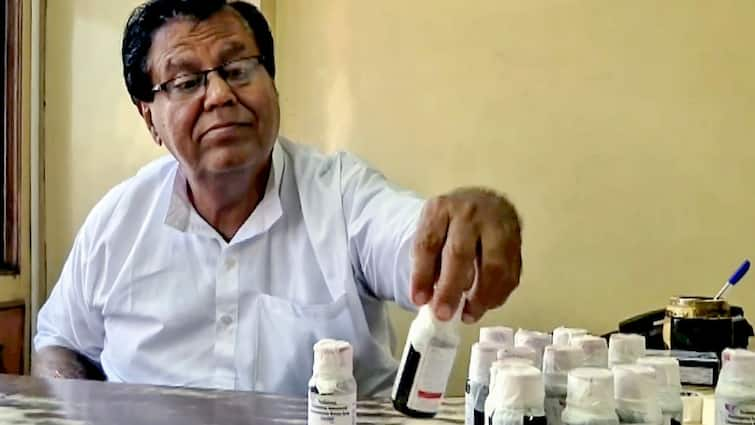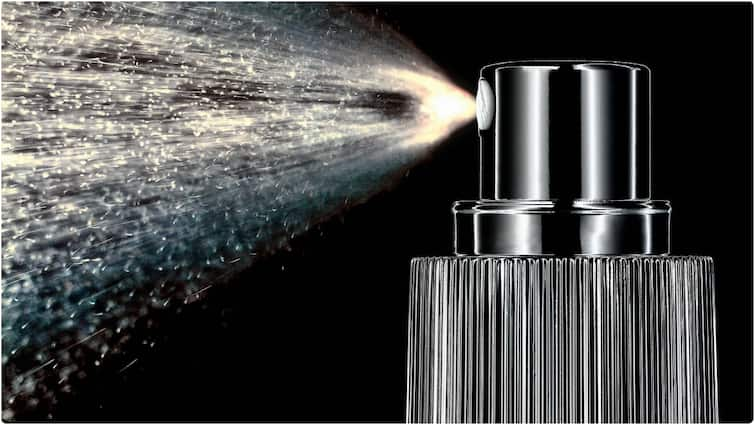
Urinary tract infections (UTIs) are a common health issue, particularly among women, and their prevalence tends to rise during the hot summer months. Dehydration, often resulting from increased temperatures, plays a significant role in this seasonal uptick.
Women are generally more susceptible to episodes of UTI, primarily due to anatomical differences; women have shorter urethras, allowing bacteria quicker access to the bladder. Additionally, the proximity of the female urethra to the anus increases the likelihood of bacterial transfer, further elevating the risk of infection — and complications, if not treated on time.
Speaking to ABP Live, Dr Deepti Sureka, consultant female urologist at the Asian Institute of Nephrology and Urology in Banjara Hills, Hyderabad, shed light on the link between reduced water intake during the summer and the heightened risk of UTIs. She also shared insights on the potential long-term kidney complications arising from recurrent UTIs, and offered advice on prevention and management.
What To Do, When To Worry
ABP: How does drinking less water in the summer increase the risk of urinary tract infections (UTIs) in women?
Dr Deepti Sureka: During hot summers, the body loses more fluids through sweating, leading to dehydration. When women drink less water, urine becomes more concentrated, which creates a favourable environment for bacteria to grow in the urinary tract. Additionally, reduced urination means the body flushes out bacteria less frequently, increasing the risk of UTIs. Staying hydrated helps dilute urine and removes harmful bacteria from the bladder.
ABP: Can frequent dehydration and repeated UTIs lead to serious kidney problems over time?
Dr Deepti Sureka: Yes, frequent dehydration combined with repeated UTIs can pose a significant risk to kidney health. If left untreated, UTIs can spread to the kidneys, causing a more serious infection called pyelonephritis. Recurrent infections may lead to scarring of kidney tissue, reduced kidney function, or even chronic kidney disease in severe cases. Proper hydration and timely medical treatment are crucial in preventing these complications.
ABP: Many women get UTIs again and again — should they be worried, and what steps can help prevent chronic UTIs?
Dr Deepti Sureka: Recurrent UTIs can be a cause for concern, especially if they occur more than three times a year. Women should seek the advice of a urologist to identify underlying causes such as hormonal changes, diabetes, or anatomical issues. Preventive measures include drinking plenty of water, maintaining proper intimate hygiene, urinating after intercourse, and avoiding harsh feminine hygiene products. In some cases, low-dose antibiotics or probiotics may be recommended for long-term prevention.
ABP: Are antibiotics always necessary for treating UTIs, or are there cases where they can be managed differently?
Dr Deepti Sureka: Not all UTIs require antibiotics, especially mild cases detected early. Increasing fluid intake, using pain relievers, and practising good hygiene can help the body clear the infection naturally. However, bacterial infections confirmed by urine tests usually need antibiotics to prevent complications. It is essential to consult a doctor before starting any treatment to ensure the appropriate approach is followed.
ABP: How important is it to keep a record of past UTI treatments, and can a history of infections affect future health?
Dr Deepti Sureka: Keeping a detailed record of past UTI treatments helps urologists understand the pattern of infections, identify triggers, and select the most effective treatment plan. A history of recurrent infections can indicate underlying health issues, and may require further evaluation. Long-term untreated infections can weaken the bladder and kidneys, making future infections harder to treat. Patients should share their medical history with their doctor to ensure comprehensive care.
Disclaimer: The information provided in this article is for general informational purposes only and is not intended as a substitute for professional medical advice, diagnosis, or treatment. Always seek the advice of your physician or another qualified healthcare provider with any questions you may have regarding a medical condition or health concern.
Check out below Health Tools-
Calculate Your Body Mass Index ( BMI )
Doonited Affiliated: Syndicate News Hunt
This report has been published as part of an auto-generated syndicated wire feed. Except for the headline, the content has not been modified or edited by Doonited



















































